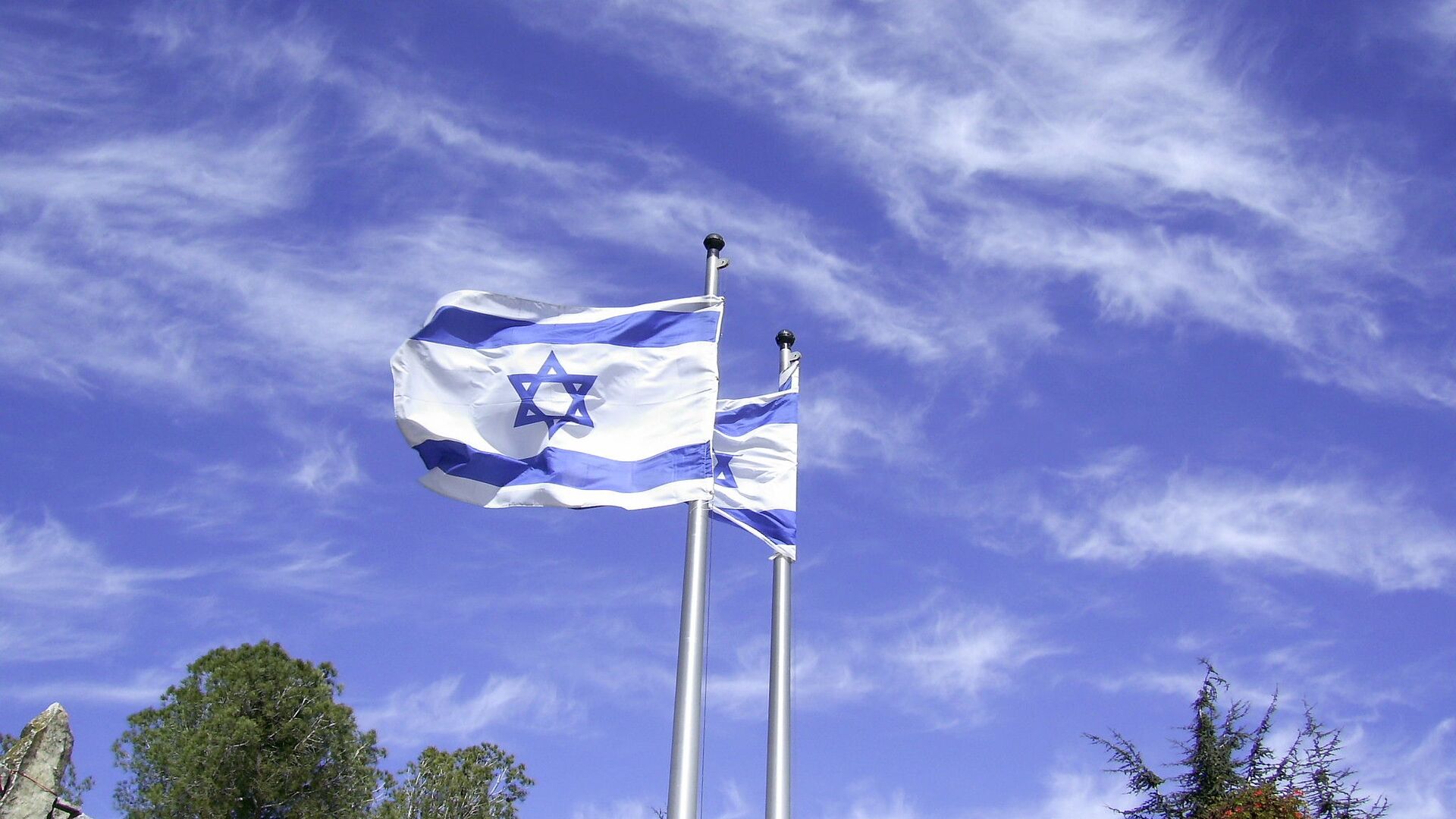Israel’s Hands ‘Not Tied’ by JCPOA Revival, US Ambassador to Jerusalem Says
Subscribe
The Israeli government has never trusted the 2015 Iran nuclear deal and supported then-US President Donald Trump’s 2018 withdrawal from the treaty. Israeli agents have long carried out sabotage and assassinations against Iran’s civil nuclear program, claiming without evidence that Iran was secretly pursuing a nuclear weapon.
While a deal to revive the 2015 Joint Comprehensive Plan of Action (JCPOA) is on the cusp of agreement, Jerusalem has continued to assert its right to carry out unilateral action against Iran’s nuclear program and other efforts it claims endanger the Zionist state, including Iranian facilities in Syria.
“If we have a deal, the Israelis’ hands are not tied. If we don’t have a deal, the Israelis’ hands are certainly not tied,” US Ambassador to Israel Tom Nides told Israel’s Channel 12 TV news station on Thursday.
“Israel can do and take whatever actions they need to take to protect the state of Israel,” he added.
The envoy added that US President Joe Biden “will do whatever he can do to make sure that Iran does not have a nuclear weapon… It’s clear we’d like to do it through a diplomatic channel.”
Trump, Biden’s predecessor, opposed the deal and unilaterally withdrew the US from it, reimposing strangling economic sanctions against Iran as part of a larger “maximum pressure” campaign intended to overthrow the Islamic republic. After Biden took office in January 2021, he started up talks to revive the deal, even as Iran continued to back away from its commitments under the treaty. After a new Israeli government came to power in June 2021, Jerusalem took a cautiously optimistic approach to the talks, even while asserting its right to act independently and unilaterally against Iran’s nuclear program.
In January, Aharon Haliva, head of the Israel Defence Forces (IDF)'s Operations Directorate, told Israel’s Walla News that a revival of the JCPOA is better than a collapse of talks, while the nation’s foreign minister, Yair Lapid, said that Jerusalem has "no problem" with the JCPOA in principle and that "a good deal is a good thing."
Tehran has consistently denied pursuing a nuclear weapon, saying its uranium refining capacity is for civil nuclear power plants and medical research. The JCPOA limited its uranium purity to just 3.67%, enough for low-yield nuclear power plants, and limited its quantity to just enough to fuel a handful of facilities. Since backing away from its commitments in a bid to pressure the US to return to the deal, Iran has produced uranium of a purity of 60% U-235; a uranium bomb requires at least 90% purity, as do a bevy of other advanced weapons technologies that even Israeli intelligence agrees Iran has not pursued.
Jerusalem has nonetheless waged an extensive espionage campaign against Tehran’s nuclear program, including acts of sabotage and assassinating a prominent Iranian nuclear scientist. Last autumn, Prime Minister Naftali Bennett ordered the Israel Defense Forces (IDF) to draw up plans for airstrikes against Iran’s nuclear facilities in case the JCPOA talks fail.
The IDF carried out a similar operation in 1981 against Iraq’s incomplete Osirak nuclear reactor, which they feared could be used to produce an Iraqi nuclear weapon. Ironically, the Israelis secretly got help from Iran for the attack, as Tehran was at war with Iraq at the time and equally feared an Iraqi nuclear weapon.
Let's stay in touch no matter what! Follow our Telegram channel to get all the latest news: https://t.me/sputniknewsus

